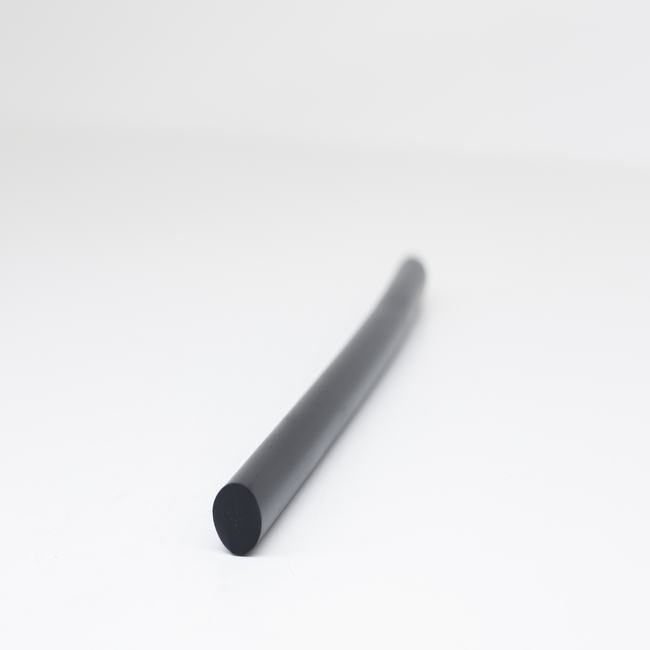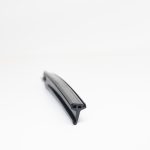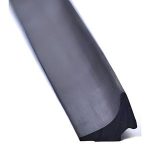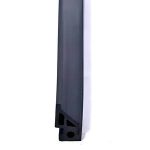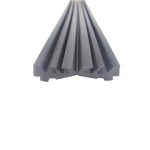Industrial seals are vital components used in a wide range of industrial applications to prevent the leakage of fluids, protect machinery, and enhance the performance, safety, and longevity of equipment and systems. These seals are designed to withstand harsh operating conditions and are essential in industries such as manufacturing, oil and gas, automotive, aerospace, and more. In this extensive description, we will delve into the various aspects and types of industrial seals.
Purpose and Importance:
Industrial seals serve several crucial functions:
- Leakage Prevention: The primary function of industrial seals is to create a barrier that prevents the escape of fluids, including liquids, gases, and powders. This is vital for maintaining the integrity of equipment and ensuring the safety of personnel.
- Contamination Control: Seals help keep contaminants out, ensuring that sensitive processes or equipment remain clean and unaffected by external particles or substances.
- Environmental Protection: In industries where hazardous materials are involved, industrial seals are used to contain and isolate these substances, preventing environmental damage and protecting workers.
- Temperature and Pressure Management: Seals are crucial for managing extreme temperatures and pressures that industrial equipment may encounter.
- Friction Reduction: In mechanical systems, seals reduce friction between moving parts, which minimizes wear and prolongs the life of equipment.
- Vibration and Noise Control: Seals can also serve to dampen vibrations and reduce noise in machinery, contributing to a safer and more comfortable working environment.
Types of Industrial Seals:
Industrial seals come in various types, each tailored to specific applications and operating conditions. Some common types include:
- O-Rings: O-rings are circular seals made from elastomeric materials like rubber. They are widely used for their simplicity and effectiveness in creating a seal between two mating surfaces.
- Gaskets: Gaskets are flat or contoured seals used to create a static seal between two flanges or surfaces. They come in materials like rubber, metal, or composite materials.
- Mechanical Seals: Mechanical seals are commonly used in pumps, compressors, and other rotating equipment. They consist of two mechanical faces that create a dynamic seal, ensuring fluid containment.
- Lip Seals: Lip seals, also known as oil seals, are used to seal rotating shafts in machinery. They are crucial for preventing the escape of lubricants and the entry of contaminants.
- Hydraulic Seals: These seals are designed for hydraulic systems, where they prevent the leakage of hydraulic fluids and maintain system pressure.
- Pneumatic Seals: Pneumatic seals are used in pneumatic systems to prevent air leakage and maintain pressure levels.
- Rotary Seals: These are used in applications with rotary motion, such as in gearboxes, to keep lubricants in and contaminants out.
- Labyrinth Seals: Labyrinth seals are designed to create a tortuous path for fluids or contaminants, making them ideal for applications where high levels of protection are needed.
- Flange Seals: Flange seals are used to create a seal between two flanges in a pipe or equipment connection, preventing leakage.
Materials:
Industrial seals are made from a wide range of materials to suit various applications. Common materials include:
- Elastomers: Such as rubber, silicone, and neoprene, are commonly used for their flexibility and sealing properties.
- Metals: Stainless steel and other metals are used for high-temperature and high-pressure applications.
- PTFE (Polytetrafluoroethylene): Known for its low friction and excellent chemical resistance, PTFE is used in many industrial sealing applications.
- Composites: Some seals are made from composite materials, combining the properties of different materials for specific requirements.
Applications:
Industrial seals have diverse applications in industries such as:
- Manufacturing: Seals are used in machinery, pumps, and hydraulic systems to ensure efficient and reliable operation.
- Oil and Gas: In this industry, seals are critical for preventing leaks in pipelines, valves, and drilling equipment.
- Automotive: Seals are found in engines, transmissions, and suspension systems, contributing to vehicle performance and safety.
- Aerospace: Seals are used in aircraft engines, hydraulic systems, and airframe components to ensure reliability and safety.
- Pharmaceuticals: In the pharmaceutical industry, seals play a vital role in maintaining the sterility of equipment and processes.
- Food and Beverage: Seals are used to prevent contamination and ensure the safety and quality of food and beverage products.
Design Considerations:
The design of industrial seals is influenced by factors such as the operating environment (e.g., temperature, pressure, chemicals), equipment design, and regulations or standards that may apply to the specific industry or application.
Installation and Maintenance:
Proper installation of industrial seals is essential for their effectiveness. Regular maintenance and inspection are also crucial to prevent wear and damage. Replacing seals when necessary ensures that equipment continues to perform optimally and safely.
In conclusion, industrial seals are indispensable components in a wide range of industries, contributing to equipment reliability, safety, and efficiency. The choice of seal type and material depends on the specific application and operating conditions. Proper design, installation, and maintenance of these seals are essential to ensure they perform their critical functions effectively.
